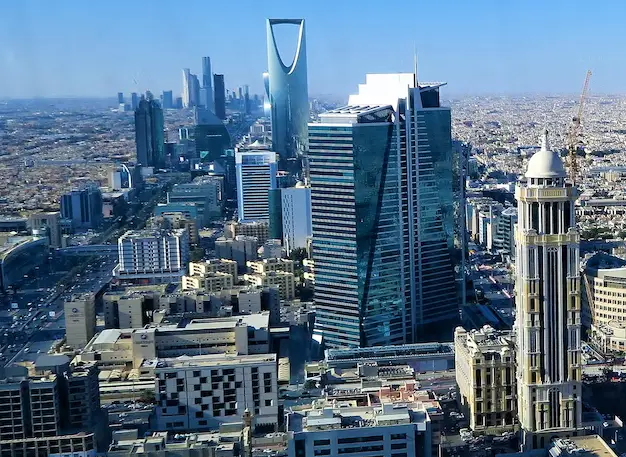Saudi Energy Minister Prince Abdulaziz bin Salman has announced the kingdom is planning to source uranium domestically and use it to build a thriving nuclear power industry which will allow it to become “a global leader in the renewable energy sector.”
During the Future Minerals Forum in Riyadh on 11 January, Abdulaziz bin Salman said, “The kingdom intends to utilize its national uranium resources, including in joint ventures with willing partners in accordance with international commitments and transparency standards.”
He added the process would involve, “the entire nuclear fuel cycle which involves the production of yellowcake, low enriched uranium and the manufacturing of nuclear fuel both for our national use and of course for export.”
Bin Salman added, “Recent explorations of activities showed a diverse portfolio of uranium in different geological locations within the Kingdom such as Jabal Saeed, Madinah, Jabal Qariah in the north. Along with uranium, rare minerals such as titanium have been identified in significant quantities in the Kingdom, unlocking even greater investment opportunities.”
In order to produce energy, atomic reactors require uranium be enriched to 5 percent purity. However one concern is that the same process which enriches uranium to 5% purity can also be used to produce weapons grade uranium. It is one of the main issues at the heart of the Western campaign against Iran’s nuclear program.
The Saudi Ministry of Industry and Mineral Resources had announced in December that the kingdom’s mineral wealth was worth over $1.3 trillion. The mineral resources included zinc, copper, gold, phosphates, and uranium deposits.
During his speech, the Saudi Energy minister noted Riyadh had, “ambitious targets for its energy mix,” which will require “a large scale of deployment of solar, wind and battery storage projects across the kingdom.”
The kingdom has invested heavily in renewable energy, seeing it as the future of the energy industry, as the world seeks to minimize carbon emissions from fossil fuels. Saudi Crown Prince Mohammed bin Salman (MbS) announced last November the kingdom was going to commit $2.5 billion over the next 10 years to the ‘Middle East Green Initiative.’
The initiative would eliminate 10% of the global total of carbon dioxide by eliminating 670 million tons of the greenhouse gas being released in West Africa. It would also replant 50 billion trees in the region, which would account for five percent of global reforestation targets.

